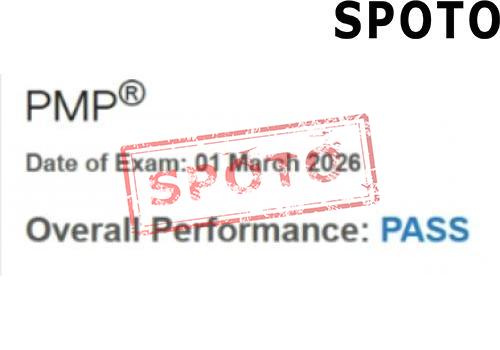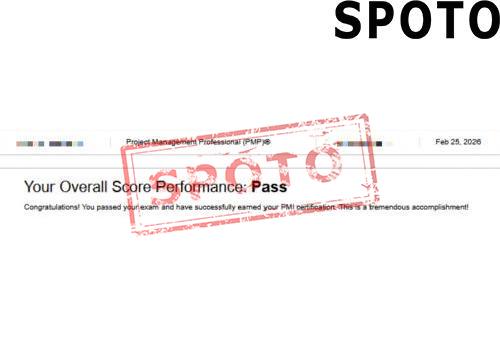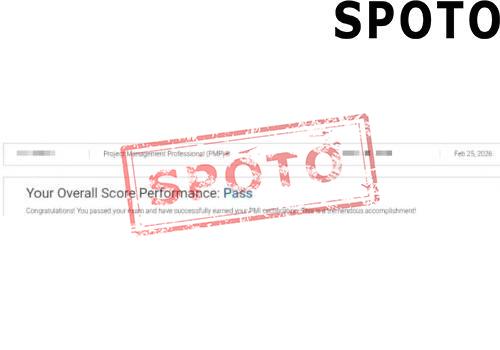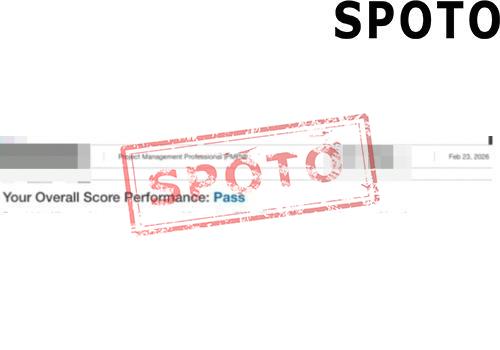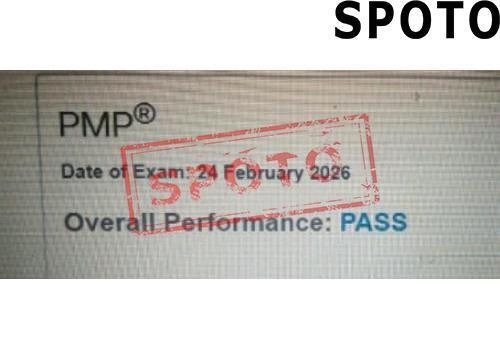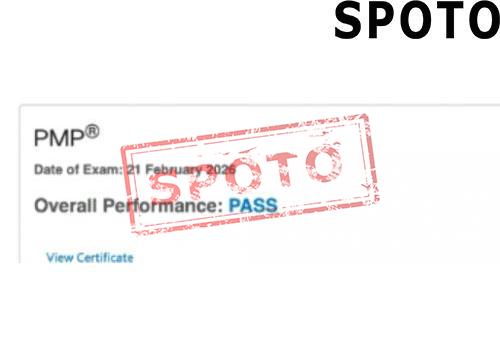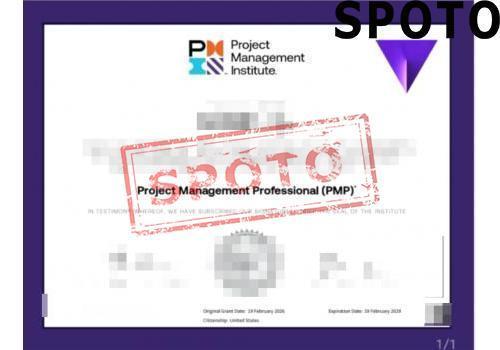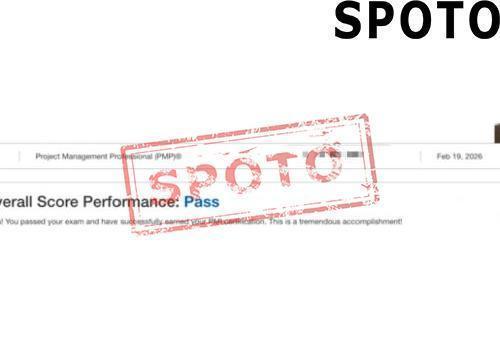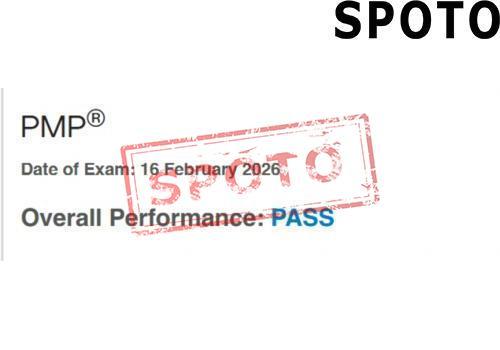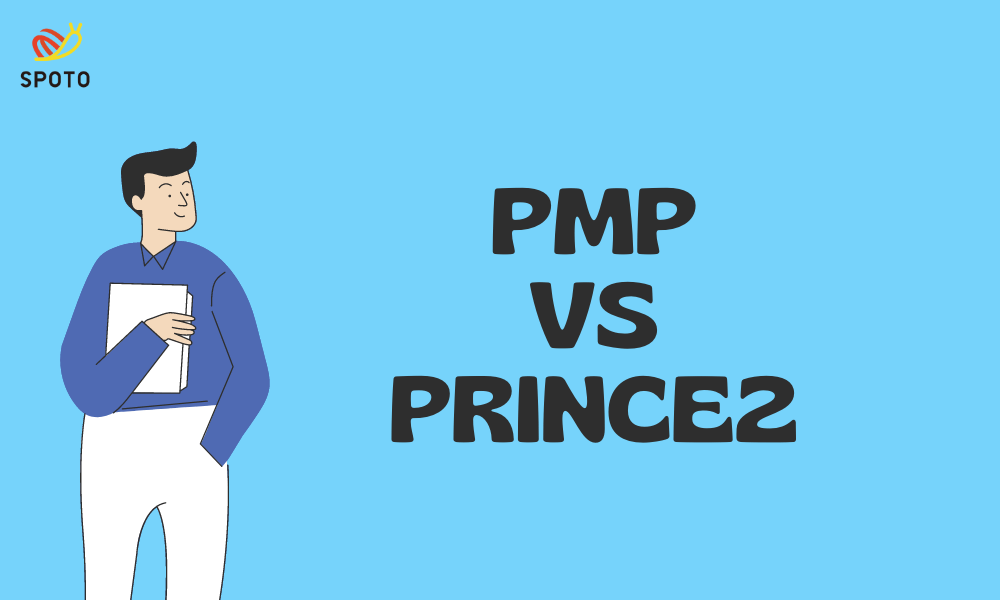
Table of Contents
I. Introduction
A. Importance of Project Management Certifications
Project management certifications have become a highly sought-after credential amongst project managers across the globe. These certifications validate a professional’s ability to effectively manage, initiate, plan, and execute projects to meet organizational goals. Further, they serve as a testament to the individual’s drive and dedication to their professional growth in project management.
B. Overview of PMP and Prince2 Certifications
The Project Management Professional (PMP) certification, governed by the esteemed Project Management Institute (PMI), is renowned globally for its rigorous standards in terms of undisputed commitment, knowledge, and experience. Undertaking this certification solidifies one’s competence to work in the role of a project manager, especially in leading and directing projects.
On the other hand, PRojects IN Controlled Environments (Prince2) Certification, a process-based project management approach, provides a step-by-step guideline for effective project management. Administered by AXELOS, it is a flexible method and is aimed at all types of projects. The primary focus of Prince2 certification wrangles around business justification and process-based approach.
Given the prominence and value of both these certifications, it is crucial to understand their benefits, exam structure, application requirements, and comparisons to select the most appropriate certification based on one's professional expectations and career growth.
Ⅱ. PMP Certification
The Project Management Professional (PMP) credential stands as a beacon for expertise and knowledge in the realm of project management. Its acquisition signifies an individual’s ability to understand and apply a broad range of project management principles and practices. The benefits of achieving PMP certification are multifaceted, encompassing not only an enhancement of professional reputation and credibility but also a potential uplift in salary and career opportunities. It equips professionals with the skills necessary to lead and manage projects efficiently, making it a sought-after qualification among project managers worldwide.
Eligibility Criteria
To embark on the PMP certification journey, aspirants must meet specific prerequisites, which include a blend of educational background and practical project management experience. Specifically, individuals with a four-year degree need to have at least three years of project management experience, summing up to 4,500 hours leading and directing projects, alongside 35 hours of project management education. Alternatively, those with a high school diploma or an associate’s degree are required to possess five years of project management experience, translating to 7,500 hours in a leadership role, in addition to the 35 hours of formal project management training.
Exam Structure and Topics Covered
The PMP exam is structured to assess a candidate’s competence across various project management domains. Comprising 180 questions to be answered over a span of 230 minutes, the exam delves into areas such as project initiation, planning, execution, monitoring and controlling, and closing. These segments reflect the core aspects of project management, testing the candidate’s ability to apply their knowledge in real-world scenarios.
Exam Preparation Tips
- Embarking on a study plan that incorporates a variety of learning tools and resources is crucial. This might include self-study through PMBOK® Guide (Project Management Body of Knowledge), participating in formal training programs, and engaging in practice exams.
- Joining a study group or forum can provide valuable insights and facilitate the exchange of knowledge with peers who are also on the path to certification.
- Utilizing flashcards, mnemonics, and project management simulation tools can enhance recall and understanding of complex concepts.
Renewal Requirements
Maintaining the PMP certification necessitates ongoing professional development. Holders of the PMP credential are required to earn 60 professional development units (PDUs) every three years. These PDUs can be accrued through various activities, such as continuing education, giving back to the profession by sharing knowledge, and working as a professional in project management. This continuous learning and development cycle ensures that PMP-certified professionals stay current with project management trends and practices.
III. Prince2 Certification
A. Definition and benefits
Prince2, standing for Projects in Controlled Environments, is a structured project management approach established by the UK government and is globally recognized. The chief benefits of obtaining a Prince2 certification include its universal applicability across various industries, its provision of a clear-cut framework that defines roles and responsibilities, and an efficient control of resources. Furthermore, it curtails the project risk by breaking it down into manageable parts.
B. Eligibility criteria
The Prince2 certification does not put forth any strict prerequisites; professionals seeking this certification can directly sit for the exam. However, it's generally advisable to have some basic knowledge or experience of project management.
C. Exam structure and topics covered
The Prince2 certification process comprises of two exams: Foundation and Practitioner. The Foundation Level introduces the principles and terminology. Topics covered include seven principles, processes, and themes that guide the Prince2 methodology. The Practitioner exam focuses on the practical application and tailored use of the Prince2 method in different project scenarios.
D. Exam preparation tips
Preparing for the Prince2 exam involves a blend of self-study, course training and problem-solving exercises. Make use of the official Prince2 manual, enrol in an accredited training program if feasible, and consistently practice mock test questions. This combined approach helps solidify your understanding and increases your chances of passing the exam.
E. Renewal requirements
To maintain the Prince2 Practitioner status, professionals need to re-register within three to five years of their original certification. This involves passing the Prince2 Re-Registration examination, thus ensuring that certified professionals are up-to-date with the methodology's advancements.
IV. Comparison between PMP and Prince2
A. Focus and Approach
The Project Management Professional (PMP) certification, orchestrated by the Project Management Institute (PMI), is designed around the precepts of project execution, emphasizing the essential phases of planning, executing, monitoring, controlling, and closing. It adopts a broad perspective, suitable for any industry or project size. In contrast, PRojects IN Controlled Environments (Prince2), emanates from a structured methodology that prioritizes the division of projects into manageable and controllable stages, with a strong emphasis on governance and flexibility within project environments.
B. Global Recognition and Popularity
PMP enjoys widespread acclaim across the globe, especially in the United States and Asia, and is recognized as a benchmark for project managers. Prince2, while also globally recognized, holds a stronger foothold in the United Kingdom, Australia, and European countries. This geographical variance influences the perceived value and applicability of each certification within different regions.
C. Industry Applicability
While the PMP certification finds its applicability across a broad spectrum of industries, owing to its comprehensive coverage of project management principles, Prince2 is often heralded for its flexibility and adaptability, particularly in information technology and government sectors where structured project management processes are paramount.
D. Exam Difficulty and Passing Rates
The PMP certification exam is renowned for its rigor, requiring a deep understanding of project management principles and the application of these principles across various scenarios. This is reflected in its lower passing rates when compared to Prince2 exams, which, while also challenging, focus more on understanding and applying a specific methodology.
E. Cost and Time Commitment
Obtaining the PMP certification generally involves a higher financial and time investment, attributable to the extensive preparation required to master the breadth of project management concepts covered in the exam. Prince2, on the other hand, may be perceived as more accessible due to its shorter preparation time and lower examination costs.
F. Career Opportunities and Salary Potential
Both certifications open doors to lucrative career opportunities, though the PMP is often associated with higher salary potentials, particularly in the United States and other countries where it is highly valued. Prince2 can also lead to significant career advancement, especially in regions and industries where the certification is the preferred standard.
Here's a section of the article focusing on choosing the right certification: ### V. Choosing the Right Certification #### A. Identifying Career Goals and Objectives Consider your long-term career aspirations and how a certification aligns with them. PMP is more suitable for those seeking global opportunities, while PRINCE2 is preferred in the UK and Europe. #### B. Assessing Project Management Experience PMP requires more extensive experience, with 7,500 hours of leading projects for those with a secondary degree. PRINCE2 has no defined prerequisites, making it more accessible for beginners. #### C. Considering Industry Requirements and Preferences Research your target industry's preference for certifications. PMP is widely recognized across various sectors, while PRINCE2 is often preferred in government and IT projects in Europe. #### D. Seeking Guidance from Mentors or Professionals Consult with experienced professionals or mentors in project management to understand the value of each certification in your specific context and how it can enhance your career prospects.
VI. Conclusion
In the intricate journey of professional development within project management, the decision between pursuing PMP (Project Management Professional) or Prince2 (Projects in Controlled Environments) certification emerges as a pivotal crossroad. Both certifications offer a comprehensive framework for managing projects efficiently but cater to different methodologies, preferences, and geographical regions. The PMP certification, recognized globally, emphasizes a broad project management knowledge base and is highly regarded in the USA, Canada, and the Middle East. On the other hand, Prince2, with its structured methodology, finds favor in the UK, Australia, and Europe.
The significance of choosing the right certification cannot be overstated. It acts as a catalyst for career advancement, potentially unlocking higher salary brackets and more prestigious project management roles. Moreover, it signifies a commitment to the project management profession and a deep understanding of its practices and principles. The right certification aligns with individual career aspirations, industry requirements, and the geographic region of professional practice.
In conclusion, both PMP and Prince2 certifications stand as beacons of excellence in the realm of project management. They offer unique advantages and serve different project management philosophies and regions. Therefore, aspirants should carefully consider their career objectives, the demands of their industry, and the predominant certification standards in their region before making a choice. Regardless of the path chosen, achieving either PMP or Prince2 certification is a commendable feat, marking a significant milestone in one’s project management career journey.

